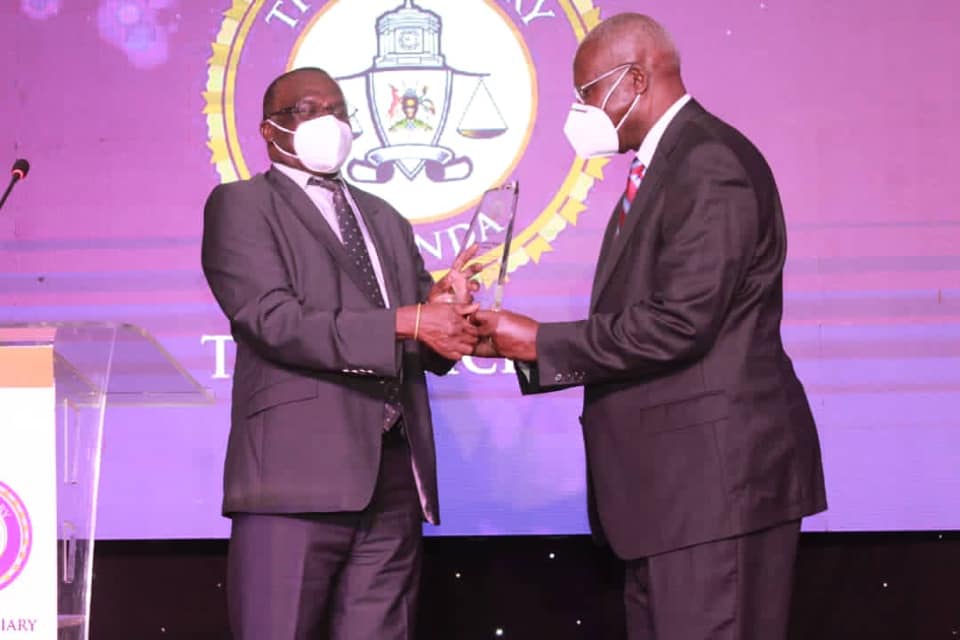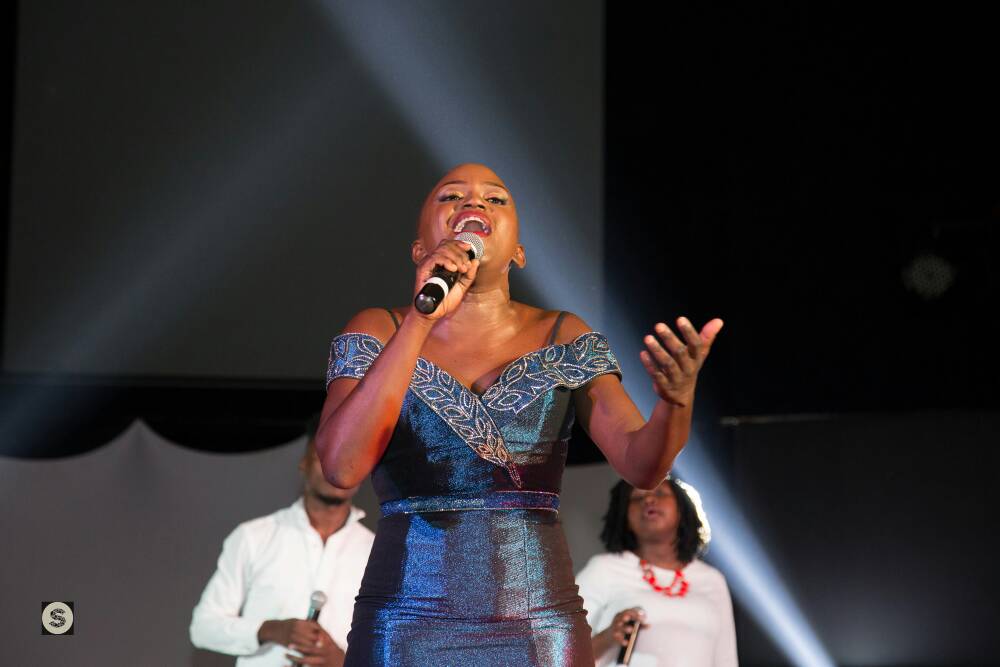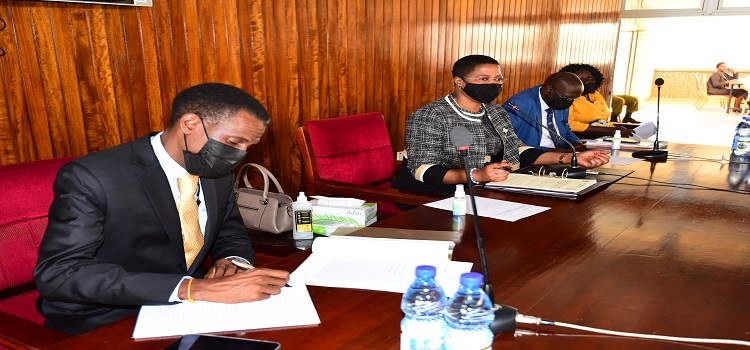The Women’s Pro Bono Initiative (WPI), through its Deputy Executive Director, Rose Wakikona, has raised significant concerns regarding the ongoing promotion of traditional family values in conferences that, according to them, undermine the empowerment of women.
Speaking on behalf of women’s rights activists, Wakikona expressed her reservations about these conferences, particularly those advocating for women to return to traditional roles of submissiveness and household duties.
In a statement delivered at a recent press briefing, Wakikona emphasized that the core issues of women’s liberation economic independence, bodily autonomy, and agency are being ignored in favor of outdated stereotypes.
“When we look at conferences promoting what they call family values, we ask ourselves, are they promoting body autonomy for women? Are they promoting economic empowerment? And are they promoting the voice and agency of women?” she questioned.
According to Wakikona, the answer is unequivocally “no.” She criticized these conferences for suggesting that women abandon their education, professional endeavors, and personal empowerment in favor of reinforcing traditional gender roles that limit women’s independence.
“We want families to be united, but for families to work, women must be liberated,” she argued, stressing that empowering women is crucial for fostering strong, healthy families.
The WPI also took issue with the lack of progress on critical legislation aimed at protecting families.
Wakikona pointed out that laws such as the Marriage Bill (pending since 1964) and the Sexual Offenses Bill (pending since 2017) have yet to be passed in Parliament, despite their potential to safeguard the rights of individuals within families, particularly women and children. “If you’re pro-family, why aren’t you passing laws that protect people within families?” Wakikona challenged lawmakers, calling for action.
Highlighting the need for a progressive approach to family dynamics, Wakikona expressed frustration over what she described as a push to reinforce outdated views of the family, where men are seen as the sole heads of households and women are relegated to subordinate roles.
“We don’t really care how you run your family. Whether you want the man to be the head or whether you want an equal partnership, that’s fine,” she said. “But when it comes to the law, it must protect you at all times, as a woman.”
The WPI’s protest comes at a time when the rights of women and children remain a pressing issue in Uganda, with many activists calling for stronger legal frameworks and greater respect for women’s autonomy.
Wakikona’s statements reflect growing concern about the erosion of progress made in gender equality, with women’s rights groups calling for laws that protect their rights and support their role as equal members of society.
As the WPI continues its advocacy, the focus remains on creating a legal and social environment where women are empowered, their voices are heard, and their rights are protected – both within families and in the broader society.
According to the 2020 Uganda Bureau of Statistics National Survey on Violence, 56% of Ugandan women reported experiencing some form of intimate partner violence. In 2024 alone, police recorded 10,792 cases of domestic violence involving women a chilling reminder that what happens behind closed doors in families is often far from safe or sacred.
Women’s rights groups have raised concerns about Uganda’s upcoming National Family Protection Policy and the newly proposed Marriage Bill, which they argue prioritize the rights of men over women.
Notably, the bill includes a provision to criminalize cohabitation a common arrangement in many Ugandan communities and is seen as disproportionately targeting women.
Yvonne Mpambava, social justice advocate says the policy also leans heavily on a singular model of the family Christian, heterosexual, nuclear while ignoring Uganda’s reality of diverse family structures, such as grandmother-headed, child-headed, and women-headed households.
















